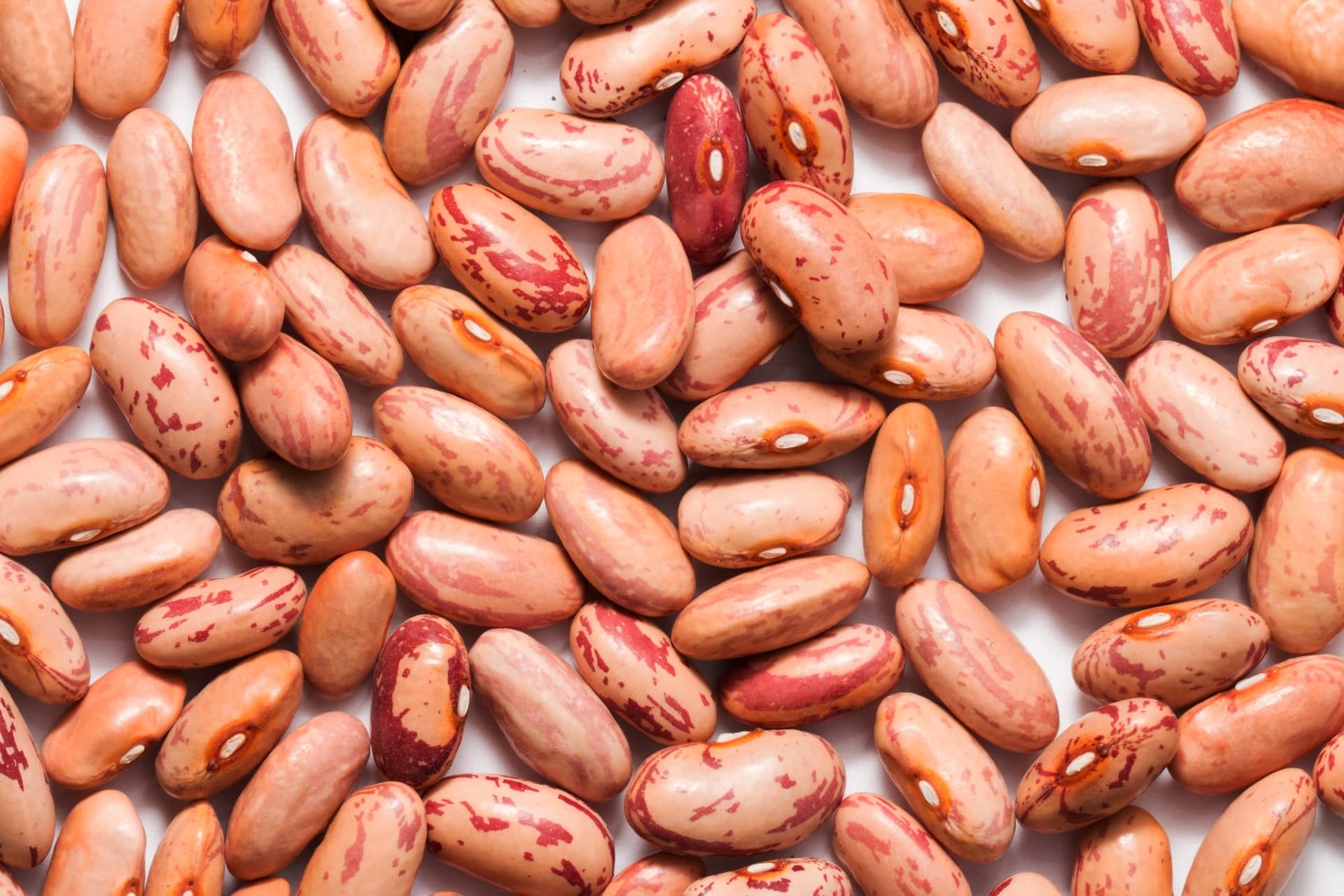
Lectin Sensitivity and Leaky Gut Syndrome
As food passes through the gastrointestinal tract, some minor damage normally occurs. This is not a problem for most people. Our bodies quickly repair the damage, and our gut can prevent bacteria and other substances from entering our bloodstream. Lectins slow this repair process. When this happens, toxins are able to escape the intestines, penetrate the intestinal wall and enter the bloodstream. This condition is known as “leaky gut.” Because the brain and gut are intimately connected, having a leaky gut can also make you feel like you have a leaky brain! If you suffer with “brain fog,” that feeling of just not being able to concentrate, or if you tire easily, the lectins in your gut could be why.Your Brain Talks to Your Colon
Research has confirmed the important connection between our brain and our colon. When we talk about a “gut feeling,” it’s because this connection is genuinely physical. The brain and the gut are directly connected by the vagus nerve. It extends from the brainstem to the abdomen, and is an open line of communication. Cells in the gut produce the neurotransmitter serotonin. Research has confirmed the connection between a healthy gut and a reduced risk of Alzheimer’s disease and dementia,4 as well as how certain gut parasites can compromise brain health.5 In a recent study, scientists transferred gut bacteria from old mice to younger mice. The younger mice developed age-related chronic inflammation as a result.6 Research has helped explain just how this type of long-term inflammation in the gut leads to diminished brain health.7 When dietary factors like lectins make changes to the structure of the gut, especially when they allow bacteria to escape, it results in low-grade inflammation in the gut. In response, the body releases chemicals to reduce this inflammation. These chemicals activate cells in the brain known as glial cells, which trigger neuroinflammation in the brain. This is what ultimately leads to cognitive decline. Research also points to this mechanism and its role in the development of Parkinson’s disease.8How to Tell if You’re Lectin-Sensitive
Lectin sensitivity is not a black-or-white condition. It operates on a spectrum, according to some experts. In other words, you can be more or less lectin-sensitive than someone else, but you’re both “lectin sensitive.” And being lectin sensitive isn’t necessarily a static condition. It can change over time. Bacterial and viral infections can damage your cells and make them more susceptible to a reaction. Also, any drug that increases gut permeability, such as NSAID pain relievers like aspirin or ibuprofen, allows lectin to escape into the body’s circulatory system. Long-term NSAID use could aggravate existing sensitivity. Some of the most common signs that you could be sensitive to lectins are:- Gut problems – these may include irritable bowel syndrome (IBS) or, more seriously, inflammatory bowel disease. Or, you may just be subject to frequent gastrointestinal irritations
- Fatigue, especially after meals, and even with sufficient sleep
- Brain fog
- Joint discomfort
- Headaches, possibly even migraines
- Skin problems, such as eczema or psoriasis
How to Reduce Your Exposure to Lectins
Lectin is present in a wide range of foods, but most especially in:- Wheat and whole grains
- Legumes like peanuts and soybeans
- Kidney beans
- Dairy products
- Tomatoes
- Potatoes, eggplants, and other vegetables in the nightshade family
- Soak beans overnight to help reduce their lectin content.Soak dried beans in cold water for at least 24 hours. Change the water several times. Rinse again with cold water before cooking.
- Try the Paleo diet. The Paleo diet focuses on eating protein, and eliminates dairy, grains and legumes. This makes it perfect for avoiding lectins.
- Sprouting seeds, grains, and beans helps lower lectin content. Substitute sprouted gain breads for whole grain.
- Lectins with potential for anti-cancer therapy.
- Mushroom lectins as promising anti-cancer substances.
- Do dietary lectins cause disease?
- Healthy gut microbes may be essential to brain health.
- Two viruses and a parasite that can lead to Alzheimer’s.
- New link found between gut bacteria and age-related conditions.
- Cognitive decline, dietary factors, and gut-brain interaction.
- Glial-mediated inflammation underlying Parkinsonism.
